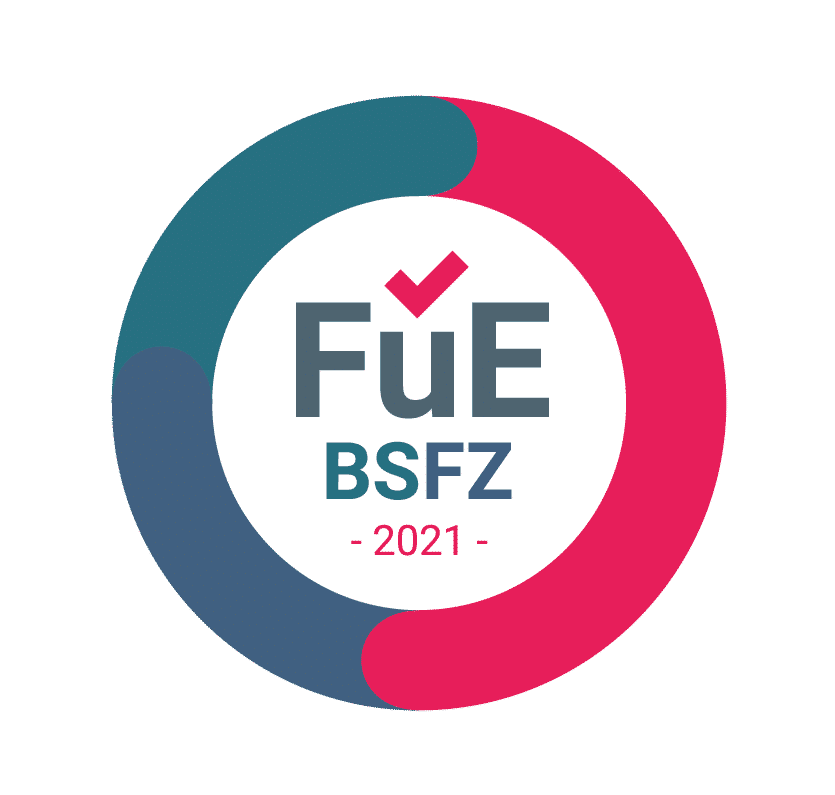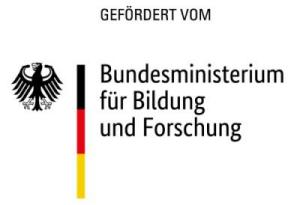Global business: Check sanctions lists & avoid potential fines
Checking of sanctions lists is essential when doing business on a global scale – to protect your own business, to comply with the rules and regulations applicable in your country and to fight international terrorism.
In one of our previous blogs about internationalization and globalization, we had already talked about the relevance of transliteration for business data (partners, customers, suppliers, etc.). With our integrated solution we can transliterate via master data management in SAP – SAP Business Partner in languages with different scripts like Chinese, Arabic, Russian, Korean or Japanese.
In this QUANTO Solutions blog, you will learn what sanctions lists exactly are, when and how best to check them, and what special features you need to take into consideration.
Sanctions lists – What are they all about?
A sanctions list is an official list of individuals, groups, goods, companies and organizations against which business and/or legal restrictions have been issued.
A well-known example is Osama bin Laden and the Al-Qaeda network after the terrorist attacks of September 11, 2001.
The aim is to combat terrorism by interdicting movements, financial transactions, trade, business relations and the use of resources for illegal actions.
Sanction Lists Screening: Who, When, How
Let’s first find out who is legally obligated to check against sanctions lists, when this should take place, and what options are available to implement this step in your daily business.
Who is required to check?
All organizations doing foreign business worldwide are obliged to check against sanctions lists. Foreign business includes import and export of goods as well as other foreign business and trade relationships.
The two most important databases are the UN list (United Nations Security Council Consolidated List) as well as the USA database (OFAC – Office of Foreign Assets Control).
EU & Germany
In the European Union, the so-called EU Sanctions List is in force. This is a regulation which refers to a resolution of the UN Security Council, consisting of “a consolidated list of persons, groups and entities subject to EU financial sanctions.”
Companies are obliged to check their business partners against this Common Foreign & Security Policy (CFSP list) to avoid financial penalties and charges.
When should this screening take place?
A screening of all individuals and companies involved should ideally take place before contracts are signed, ideally right after the first contact.
This may include the following entities:
● Suppliers
● Customers
● Employees
● Financial and logistics partners: banks, freight forwarders
● Insurance partners
● Others
Failure to comply with these sanctions lists may trigger foreign trade law penalties and criminal charges.
Our recommendations
As a rule, companies should perform following checks:
● Master data – at least one time per month
● New data records or modifications – ongoing
● Usage of data (e.g. before issuing a quote) – ongoing.
Important: Even if the sanction lists screening does not result in any hits, a screening log must deliver the proof that a screening was carried out.
How to carry out sanction checks
Especially for business partners, customers or suppliers with business data in non-Latin scripts such as Chinese, Japanese, Russian, Korean, Arabic or Hebrew, transliteration plays an important role here.
Organizations can carry out sanctions list checks via a software solution or manually via the respective official bodies.
In addition to the common sanctions lists of the UN, USA and EU, there are also country-specific sanctions lists. Here are two examples:
- Germany: Justice portals of the Government Federal and the Federal States
- Japan: JP_METI End User List
You can use different formats for manual matching (PDF, HTML) or for integration into a sanction screening solution (XML) embedded in your own system, for example in SAP.
In countries with languages using non-Latin characters, you need to transliterate your data for communication and for matching sanctions lists. What does this mean exactly? Let’s discuss this together.
Sanctions lists screening and their challenges
Foreign names or business data of foreign partners are transliterated or romanized in the sanctions lists.
For correct matching, data in the source language as well as the correct transliteration or Romanization of the data records must be available, along with possible variants and their different combinations.
In countries that use non-Latin characters, this can be a major challenge. This is because OFAC and other sanctions lists often contain non-Latin names and data (e.g. Chinese) only in Latinized form (English). This means, therefore, that if only the non-Latin name/data set (e.g. Chinese) is known, no unique matching can take place. It is therefore necessary to generate different transliteration variants with different combinations in order to cross-check all spellings in the sanctions lists and to ensure compliance with the rules and regulations of your country.
This all still sounds rather theoretical? Let’s take a closer look at this, using the most relevant languages and concrete examples.
Challenges of sanctions list verification
Foreign names or business data of foreign partners are transliterated or romanized in the sanctions lists or by the publisher of the sanctions lists.
For correct matching by the checking company, correctly transliterated or romanized data records must be available in addition to the source language, including possible variants in different combinations.
In countries that use non-Latin characters, this can be a major challenge. This is because OFAC and other sanctions lists often contain non-Latin names and data (e.g. Chinese) only in Latinized form (English). This means, therefore, that if only the non-Latin name/data set (e.g. Chinese) is known, no unambiguous matching can be performed. It is therefore necessary to generate different transliteration variants with different combinations in order to cross-check all spellings in the sanctions lists and to comply with the corresponding laws.
This all still sounds rather theoretical? Let’s take a closer look at this using the most relevant languages and a few specific examples.
Chinese
Let’s start with Chinese. Chinese transliteration and thus sanction list screening is simple, since there is a one-to-one transcription or transliteration, called Pinyin.
For transliteration, Pinyin is usually used without tone characters, since these are not needed in the context of transliteration.
In the OFAC sanctions list, the Chinese names or data are only available in transcribed/transliterated form. This means that if you need to check a Chinese name with Chinese characters against the sanctions list, you have to provide a transliteration of this name. However, a name or data record may not be found, even though it is available in the sanctions list, if a different transliteration variant has been applied than the one used in the sanctions list.
A transliteration tool is therefore essential, because it transcribes the non-Latin data and generates variants for database matching, for example with the OFAC and UN sanctions lists (language versions). This type of check is also called fuzzy search.
Example for Chinese
In the OFAC sanctions list, the original Chinese writing form is not available.
● Name: Original Chinese: 陈国平 => “Chen Guoping” (transliterated version).
● Company: original Chinese (traditional): 仁达控股集团(上海)有限公司 => “Reach Holding Group (Shanghai) Co.” (transliterated version)
No latinized transliteration is available for the Chinese version. The English version contains the Chinese original of the company name, but for the address no original version is available.
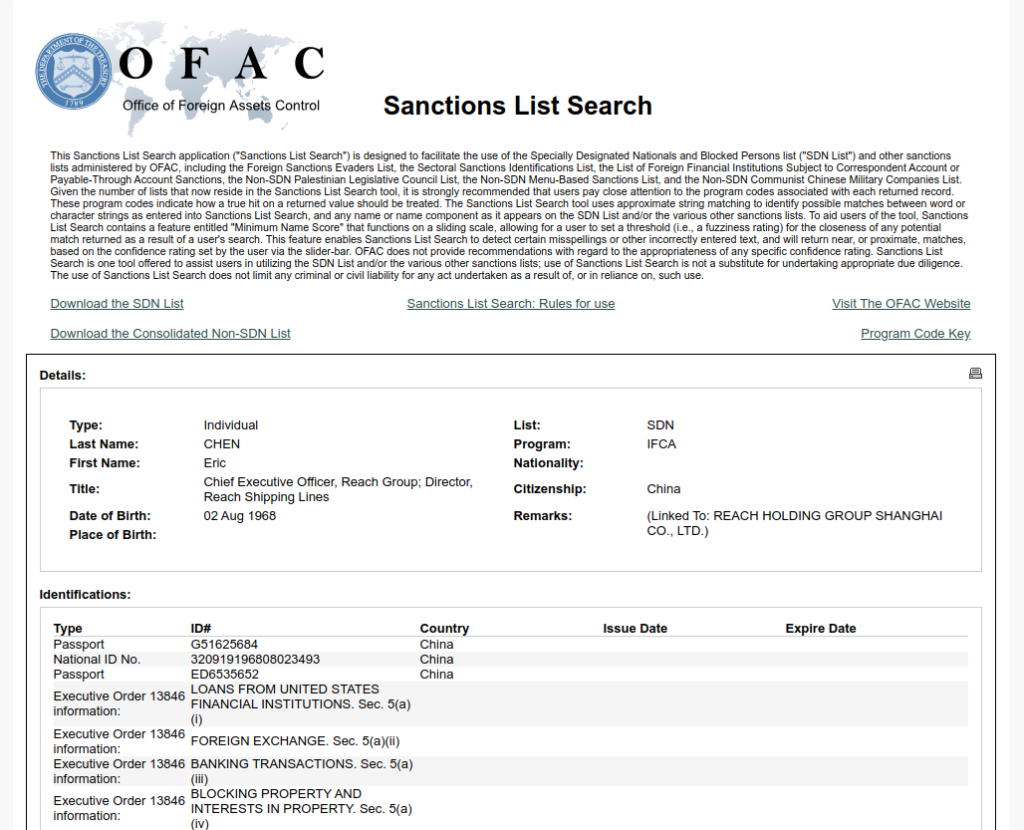
In the UN sanctions list, the original Chinese writing form is available.
● Company: original Chinese (traditional): 华信船务(香港)有限公司 => HUAXIN SHIPPING HONGKONG LTD (transliterated version).
You can find both the Chinese and English versions in the respective Chinese and English UN Sanctions List. The Chinese version is not transliterated in the Chinese UN Sanctions List. In the English version, the company name is available in the original version, however, all other information is transliterated.
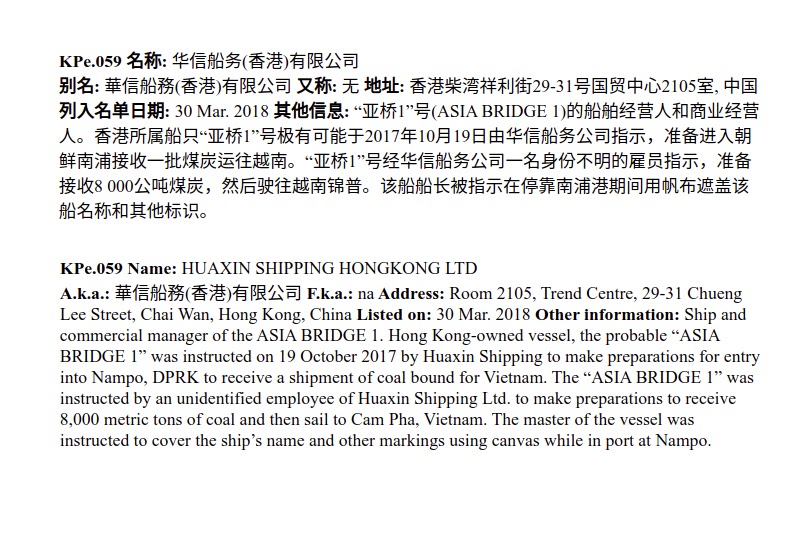
Korean
The Korean language (South Korea) uses a standardized transliteration system from Korean to Latin characters called “Revised Romanization of Korean”.
In other languages there is no standardized romanization, respectively various official and unofficial spellings. Let’s look at these examples next.
Arabic & Hebrew
In Arabic and Hebrew, unlike Chinese for example, there is no standardized transliteration.
Especially for personal names, you may have different written variants of a name, which makes matching quite difficult. The reasons for this it is that no short vowels exist in written Arabic and Hebrew. Moreover, the written language direction is from right to left.
Furthermore, the Arabic alphabet is used in various languages (Syrian, Saudi Arabian, Lebanese, etc.), which makes a uniform transcription virtually impossible.
Example for Arabic
- Since Arabic writes from right to left and short vowels are not written, the transliteration here is “MHMD”. This provides the options “Mohamed”, “Muhamed”, “Mohamad” for the first name.
- OFAC has opted for “Mohammad” here, but this is only one of the different possible variants. This issue clearly explains the importance of using a transliteration tool displaying all possible variants.
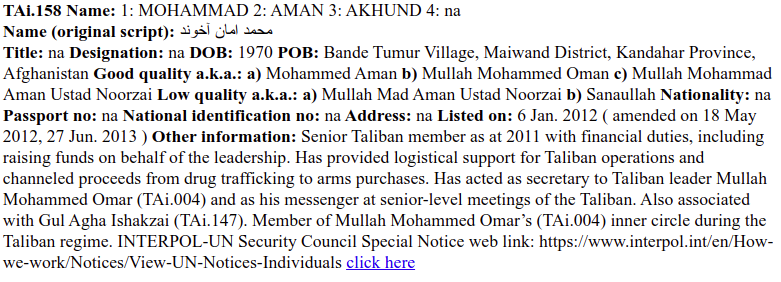
For international terms such as companies, well-known brands, cities, etc., databases can be used. QUANTO Solutions uses a variety of databases for transliteration of Arabic business data for transliteration of Arabic business data.
Russian
Let’s now have a look at the Russian language and transliteration. There are more than 10 official variants for the romanization of Cyrillic into Latin characters, which in turn makes checking sanction lists more complex.
Depending on the purpose (passport, road signs, etc.) or type of user (government, country, company, etc.), a different transliteration system is used.
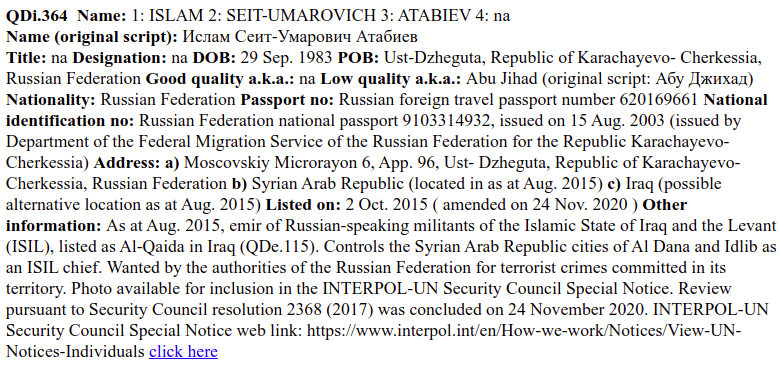
Example for Russian language
- Name: Ислам Сеит-Умарович Атабиев => “Umarovich” according to the Passport transliteration variant
- In Russia, however, the so-called GHOST transliteration is also often used, according to which the name is written “Umarovič”. Here, too, a comprehensive transliteration tool can generate the different variants and check them against the sanctions lists
Next, let us look at another Asian language.
Japanese
Also in Japanese, romanization is quite challenging. While there is a standardized transcription into Latin characters, there are four different Japanese scripts: Kanji, Hiragana, Katakana, and Romaji.
Furthermore, for personal names, there is often much room for interpretation regarding the spelling from Latin to Japanese script. On the other hand, personal names are easier to transliterate from Japanese to Latin script, at least as far as common names are concerned.
An overview of the Japanese input keys

Technical integration for scanning sanctions lists
If your company works with SAP, sanctions list scanning can be integrated into the system along with transliteration. This allows a wide variety of sanction lists to be checked securely, quickly and easily instead of tedious and error-prone manual checking.
For this purpose, the so-called Sanction Party List Screening (SAP SPL) is integrated into your individual SAP solution, typically into the Global Trade Services (SAP GTS) application. QUANTO Solutions can advise you on this and implement it securely and reliably. Additionally, QUANTO Solutions integrates its transliteration solution (QTC, Quanto Transliteration Center), a platform-independent API solution for sanctions list scanning. This solution works not only in combination with SAP, but even outside the SAP ecosystem.
But what does this now mean when scanning sanctions lists is at stake? Is there perhaps a technical solution that can simplify and speed up this process?
SAP example
The sanctions list scan ensures compliance with the strict international regulations. In SAP, the automated scanning of master and transaction data is carried out across departments (sales, purchasing, accounting) on the basis of the latest sanctions lists.
This is exactly how it works
1. an inquiry, quotation, purchasing document, etc. is created in SAP ERP
2. records are transliterated/transcribed into roman characters for non-Latin scripts
3. step 1 triggers the automatic sanction list check in SAP GTS. Official bodies provide these lists in XML format and with SAP GTS you can integrate them into the system. Likewise, you can also generate personalized lists
4. You can trigger regular routine checks of master data, as well as new checks when sanction lists (XML data) are updated
5. if you use the SAP SPL audit trail function, you can log and archive the sanctions list check (legal protection)
What to do if you have detected some hits?
Depending on the country and hit, you should take the following steps:
● Immediately stop the contact with the partner
● Contact your company’s legal department or an external lawyer
● Clarify further steps with the legal expert: Provisioning ban or business ban, notification to the appropriate local and international authorities, obtaining permissions, informing the partner, etc.
As you can see, a hit on a sanctions list does not necessarily mean the end of a business relationship. For sanctioned partners, in some countries and under certain circumstances, you may have to obtain a permission to continue the business relationship.
Dennoch ist es wichtig und rechtlich bindend, die Sanktionslisten zu prüfen, wenn Ihr Unternehmen Auslandsgeschäfte tätigt.
Solutions for Sanctions List Checking & More
Thanks to the QUANTO Transliteration Center (QTC), we can support you with
Our top-notch solution for the topic of sanctions list checking and master data management for foreign transactions
● Automated sanctions list scanning, including transliteration/transcription and fuzzy search to match name or data variants.
● Simple script conversion
● Compliance with local laws
● Platform-independent Restful API.
● Customized solutions for developers
Whatever your requirements – we are here for you!
Checklist for Sanctions List Scanning
● Who is responsible for this important topic in your company?
● Should the sanctions list check be technically integrated, for example in SAP?
● How do you ensure departmental cooperation, transparency and information flow (locally and internationally)?
● What kind of training is necessary?
● Do work instructions or checklists need to be revised?
● Are spot checks useful, to ensure compliance?
Conclusion: Global Sanctions List Check
The international defense against terrorism requires that companies check their business partners against the latest sanctions lists when doing business abroad.
No business relationship or economic contact may be established with persons and companies (ban on the provision of goods, services, finances) that have become suspicious in the context of anti-terrorism screening or that have been sanctioned in some other way.
An IT expert like QUANTO Solutions can support you – from consulting to design and implementation – so that your company is legally protected and correctly checks foreign business partners against the latest sanctions lists.
Arrange your free initial appointment today! We are here for you – whether by mail, phone or social media.







